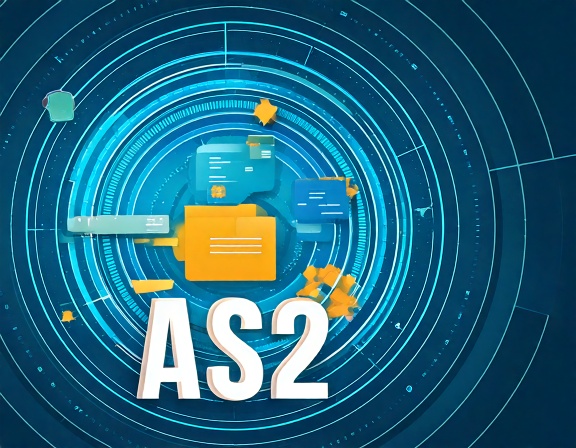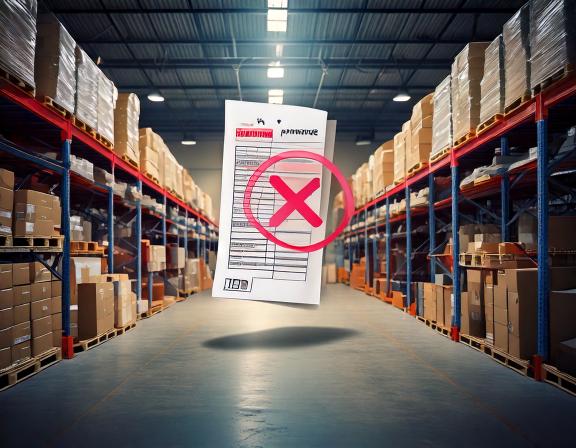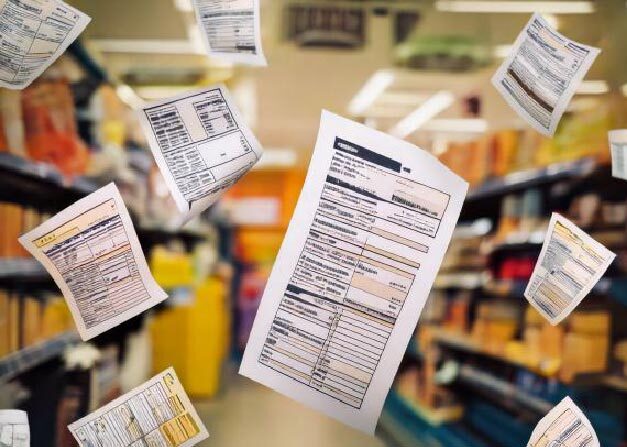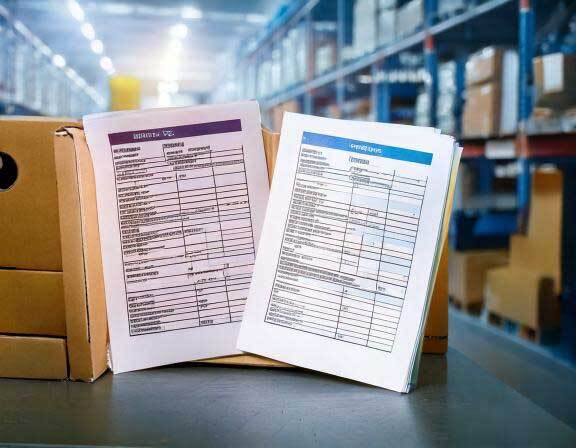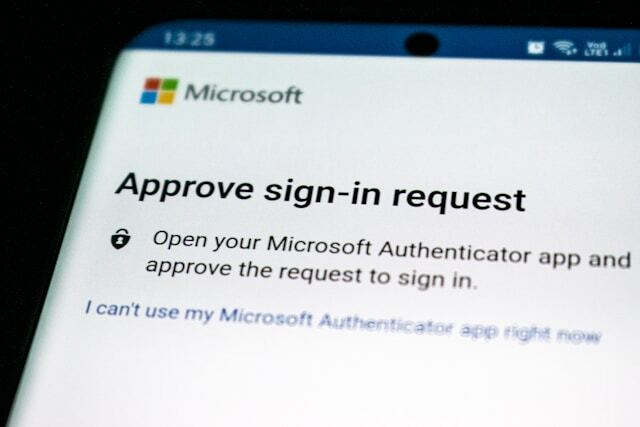MFT Gateway is a hosted Software as a Service (SaaS) solution that enables file exchange over the AS2 or SFTP protocol, without the need to install or maintain.
- Blog
- Writing a Webhook
AS2
Writing a Webhook
Write and deploy your own webhook request handler endpoint to process real-time incoming message/MDN push notifications from AS2 Gateway

Janaka Bandara
Published: 17 Jul 2020

Webhook (HTTP) Request Handlers
A webhook request handler is a program, web-app or piece of code that can accept, read and understand an incoming HTTP request; containing HTTP headers and optionally a payload or body, depending on the caller’s (a.k.a. client) intent.
Once written, the handler code has to be deployed - by associating it with:
- a public (internet visible) IP address/host (e.g.
my.webhook.hostname), and - a context path (e.g.
http://my.webhook.hostname/handler/path/for/messages).
Simplifying Deployment
If you are implementing the webhook application from scratch (e.g. inside a clean physical or virtual machine or container), you may also need to implement a web server or listener that would register and expose your handler and perform the HTTP level semantics (low-level protocol operations) before passing along the request to your logic - and similarly before sending the response back to the invoking client. However if you use one of the modern and popular web deployment methods, this part is already taken care of; making your life much easier:
- an online service; web hosting provider, virtual private server (VPS), or a dedicated webhook hosting service
- a prominent web server (Apache, Nginx etc.), servlet container (Jetty, Tomcat etc.) or enterprise middleware platform (e.g. an ESB, or API manager)
- a cloud-native PaaS or SaaS provider such as Heroku, AWS Lambda, or Google’s App Engine, Apps Script or Cloud Functions
Webhook Examples
Standard
Using scripting languages like Node.JS or Python, you can quickly write a handler to process requests posted by AS2 Gateway:
// a typical Node.JS handler using Express.JS framework:
// https://expressjs.com/en/api.html#req
app.post("/webhook", (request, response) => {
// read and process data from request
response.send("success");
});
# a typical Python handler using Flask framework:
# https://flask.palletsprojects.com/en/1.0.x/api/
def hello_http(request):
# read and process data from request
return "success"
If you wish to implement the server/listener component as well:
// an Express.JS server
var express = require("express");
var app = express();
// our handler goes here
app.post("/webhook", (request, response) => {
// read and process data from request
response.send("success");
});
// run server on port 8080
app.listen(8080, "0.0.0.0");
# webhook.py
from flask import Flask
app = Flask(__name__)
# our handler goes here, with an `app.route` annotation
@app.route("/webhook", methods=["POST"])
def hello_http(request):
# read and process data from request
return "success"
# external command (Linux/Mac): run server on port 8080
# FLASK_APP=webhook.py flask run --host=0.0.0.0 --port=8080
A complete Java example using Apache HttpComponents for the HTTP aspect and server component:
import org.apache.http.impl.bootstrap.ServerBootstrap;
import org.apache.http.HttpStatus;
import org.apache.http.entity.StringEntity;
public class WebhookServer {
public static void main(String[] args) throws Exception {
ServerBootstrap s = ServerBootstrap.bootstrap();
s.registerHandler("/webhook", (request, response, ctx) -> {
// a typical Apache-HC HttpRequest handler
// read and process data from request, and populate response
response.setStatusCode(HttpStatus.SC_OK);
response.setEntity(new StringEntity("success"));
});
s.setListenerPort(8080).create().start();
}
}
Custom Platform
You can cut down on the overall complexity by using a cloud platform that provides off-the-shelf managed services for HTTP handling and hosting of handler logic.
Python on AWS Lambda, with AWS API Gateway as the HTTP layer (many other languages also supported, including NodeJS):
def handler(event, context):
return "success"
NodeJS on AWS Lambda:
exports.handler = async (event) => {
return "success";
};
NodeJS (ExpressJS-compatible) on Google Cloud Functions, with a HTTP trigger (other languages also supported, including Python):
exports.handler = function(request, response) {
response.send("success");
};
Python (Flask-compatible) on Google Cloud Functions:
def handler(request):
return "success"
You can deploy and manage such cloud-based custom webhooks quite easily, using cloud-native development tools.

Talk to an EDI Expert
Join hundreds of organizations already taking full control of their B2B AS2 communications with our trusted solutions. Contact us today to tailor a solution that fits your specific AS2 EDI needs.
Related Articles
View All BlogsExplore our product stack
Try before you buy with a 30-day Free Trial
No commitment, all value. Try the AS2 Solution Risk-Free and discover how our solutions can transform your business workflows. No credit card required.
Explore Your Possibilities
Elevate AS2 Communications with our EDI and AS2 Solutions
See how our AS2 and EDI solutions can simplify your integrations, boost efficiency, and keep you compliant—request a personalized demo today.































